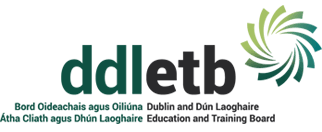

An individual has the right to access both Personal and Non Personal Information held by DDLETB via the following methods:
- Administrative Access Policy,
- Freedom of Information Act 2014
- Data Protection Acts
Administrative Access Policy
Under Administrative Access all appropriate information will be made available to the requester having regard to privacy, confidentiality and the public interest. As a matter of policy, the DDLETB supports an individual’s right to see what information is held about them within its service. Generally, access to an individual’s own records should be provided administratively (subject to exceptions).
Download and view our Administrative Access Policy
Freedom of Information Act 2014
DDLETB is included under the Freedom of Information Act 2014 since Tuesday 14th April 2015.
What is Freedom of Information?
The FOI Act 2014 gives you the right to access records held by FOI bodies. FOI bodies must give you an explanation if you are not given what you asked for and the decision must normally be made within 4 weeks.
What can I ask for?
You can ask for any of the following.
- Any records relating to you personally, whenever created
- All other records created after the effective date (April 2008)
What is a record?
A record includes a book or other written or printed material which is in any form including in any electronic device. It is a map, plan or drawing, a disc, tape or film which contains visual or non-visual images or a copy of any of these.
Do I have to pay for getting information under FOI?
When the request is for personal information there are no charges unless there is a significant number of records.
In the case of requests which relate to non-personal information there are charges are applied for search retrieval and copying. The relevant section of the Act here is Section 27(2) and these fees relate to:
a. Determining whether it holds the information requested;
b. Locating the information or documents containing the information
c. Retrieving such information or documents
d. Extracting the information from the files, documents, electronic or other information sources containing both it and other material not relevant to the request, and
e. Preparing a schedule specifying the records for consideration for release.
In relation to the search, retrieval and copying charges there is a minimum threshold of €101 below which no search, retrieval and copying charges can be charged. Once the charge reaches the €101 full fees apply. There is a cap on the amount that can be charged and this is set at €500. There is also a further upper ceiling limit on estimated search, retrieval and copying fees set at €700 above which a body can refuse to process a request unless the requester is prepared to refine the request below the limit.
There are also fees which apply for an internal review under Section 22, this is €30 and €10 for medical card holders and their dependants. The fee for appeals to the Office of the Information Commissioner is €50 and €15 for medical card holders and their dependants.
Can I appeal a decision?
Yes. If you are not satisfied with the decision made you can seek an internal review of the decision which is a complete and new review of your request by someone more senior. If following this you are still not satisfied you can appeal this decision to the Office of the Information Commissioner.
How do I make an FOI Request?
Requests must be made in writing to the FOI Officer, Dublin & Dún Laoghaire ETB. Requests can also be made by email.
When you make a request you must:
Submit the request in writing to the FOI Officer, Dublin & Dún Laoghaire ETB.
- specify that the request is being made under the FOI Act
- be clear enough so that the FOI Officer understands what records are being requested. In cases where it is not clear what records are being requested, DDLETB will assist the requester to put his/her request in such a way that the records being sought can be identified
- when you are seeking information which is personal, you will be required to supply the appropriate identification as required
- in cases where you are seeking to access records under section 37(8) you will be required to provide additional details in order to exercise these rights
Download the FOI Application Form
Apply online – DDLETB Subject Access Request Application Form
For further information email: foi@ddletb.ie
Data Protection Acts
The Data Protection Acts provide similar rights of access as the FOI Acts, the main difference being that the Data Protection Acts do not apply to records of deceased persons. As with the FOI Acts, these rights extend to an individual’s own personal records and in specific circumstances, to those of their children. There are exemptions provided for in the Acts, this means that there are specific circumstances when the requested information will not be released. If any of these exemptions are used to withhold information, the reasons will be clearly explained to you.
Data Protection is the safeguarding of the privacy rights of individuals in relation to the processing of personal data. An individual supplies information about themselves to many organisations, including DDLETB in order to avail of services or satisfy obligations. For the purpose of Data Protection, such organisations or individuals who control the contents and use of personal data are known as Data Controllers.
Contact Us
Head Office:
Phone 01- 4529600
9.00 am – 1 pm & 2pm – 5pm
Monday to Friday
Email:
General Enquiries:
info@ddletb.ie
Charity Number: 20083526
Glaoigh orainn
Fón 01- 4529600
9.00 am - 1 pm & 2pm - 5pm
Luan go hAoine
Ríomhphost:
Fiosrúcháin Ghinearálta:
info@ddletb.ie
Uimhir charthanachta: 20083526




